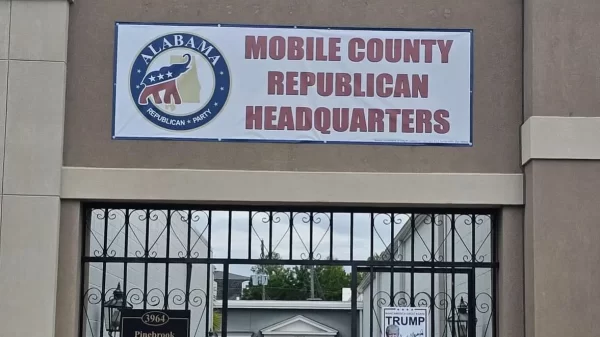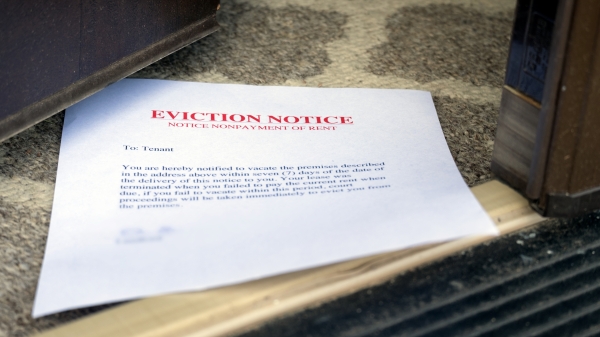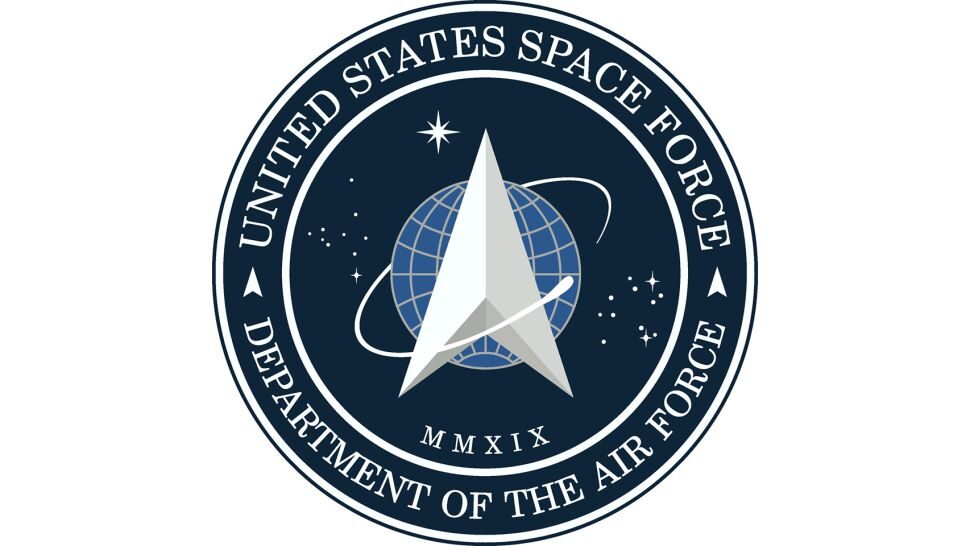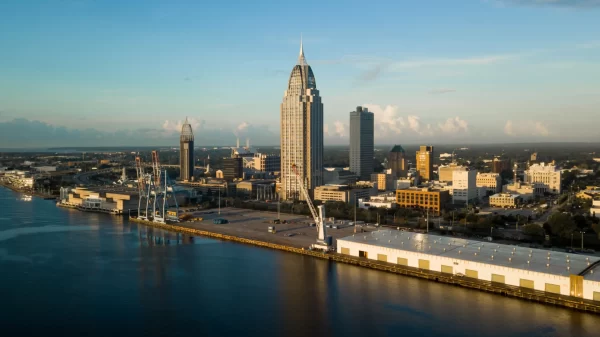During the Alabama Association of County Commissioners’ annual legislative conference this past December, Lt. Gov. Will Ainsworth mentioned that creating an Alabama Space Guard was among other priority legislation to be taken up as the session convenes this week.
Since the formal creation of the U.S. Space Force in 2019, National Guard components for the new branch similar to the Air Force or Army National Guard units have been discussed by officials within the U.S. Department of Defense and National Guard Bureau.
The National Defense Authorization Act of 2020, the defense budget that created the U.S. Space Force, required Pentagon officials to conduct and submit a report to Congress outlining recommendations for how reserve unit components would work within U.S. Space Force.
The passage of the 2022 National Defense Authorization Act last December saw no allocated funds for creating a Space National Guard, with lawmakers killing a proposed name change for the Air National Guard that would have renamed it the “Air and Space National Guard.” Another round of reviews for the potential creation of a National Space Guard was ordered under the act, with Pentagon officials to conduct them during the new year.
On June 2, 2020., the Congressional Budget Office released a report stating a Space National Guard could potentially cost the Pentagon from $100 million to $490 million a year.
In a statement to APR, Ainsworth said a Space Guard unit within the Alabama National Guard would “logically provide much-needed support for U.S. Space Command and create additional jobs and investment within our states.”
On Jan. 13, 2021, Hunstville was chosen as the preferred location for U.S. Space Command headquarters, a decision that will infuse “even more personnel, military infrastructure, and federal dollars,” according to Ainsworth.
“Recent actions by Russia and China in the aerospace arena are demonstrating the importance of having U.S. Space Command and guard supplements protecting our nation’s interests and providing security on a minute-by-minute basis. ” Ainsworth said.
In the ensuing months, the DOD’s Inspector General launched an investigation over the decision, which some members of Congress viewed as a political reward for the Alabama delegation’s near-lock step objection to the results of the 2020 Presidential Election.
A source in Washington told APR that the decision to select Hunstville over other potential locations, including Colorado Springs, was based on “merit” and wasn’t politically motivated. Likewise, Alabama Gov. Kay Ivey maintained that the decision to choose Hunstville was based “on merit” and welcomed the Inspector General’s review.


















































